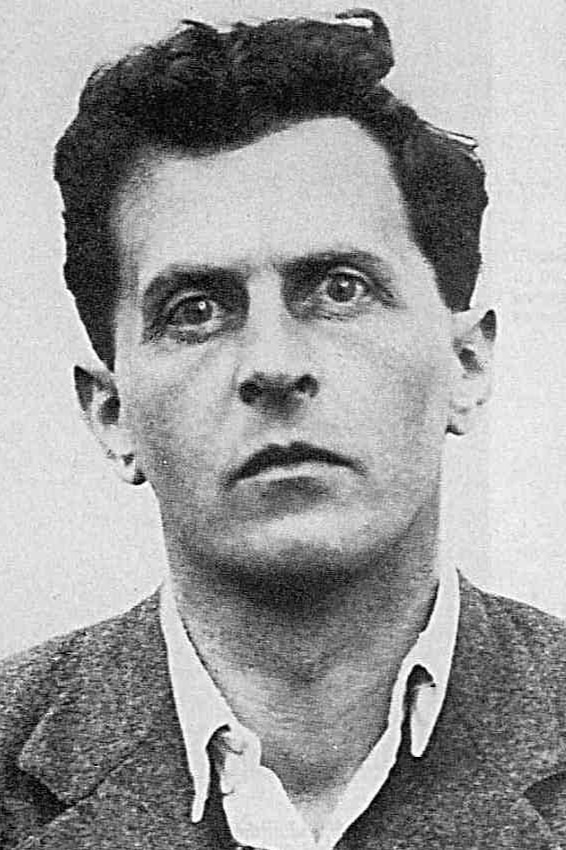
Personal info
Known for
Ultimate Talent
Gender
Male
Birthday
26 April
Location
Vienna, Austria
Edit pageLudwig Wittgenstein
Biography
Ludwig Wittgenstein (1889–1951) was an Austrian-British philosopher whose ideas profoundly shaped modern philosophy, particularly in the fields of logic, language, and the philosophy of mind. Born into a wealthy and cultured family in Vienna, Wittgenstein originally studied engineering before turning to philosophy under the influence of Bertrand Russell at the University of Cambridge.
Wittgenstein’s first major work, Tractatus Logico-Philosophicus (1921), sought to define the relationship between language, thought, and reality. In it, he argued that language mirrors the structure of the world and that what cannot be expressed clearly should be left unsaid—a view summarized in his famous statement: “Whereof one cannot speak, thereof one must be silent.” This work had a powerful impact on the development of logical positivism and early analytic philosophy.
After a period of teaching and personal reflection, Wittgenstein returned to Cambridge in the 1930s and developed new ideas that departed from his earlier work. These were published posthumously as Philosophical Investigations (1953), in which he argued that the meaning of words depends on their use in everyday language rather than on abstract logical structure. This later philosophy introduced the concept of “language games,” emphasizing that understanding arises from shared human practices and contexts.
Wittgenstein was known for his intense personality, deep moral seriousness, and unconventional teaching style. He lived a simple and often solitary life, devoted to examining the limits and possibilities of thought and language.
Today, Ludwig Wittgenstein is regarded as one of the most influential philosophers of the 20th century. His work continues to shape discussions in philosophy, linguistics, psychology, and cognitive science, bridging the gap between logic and the complexities of human communication.